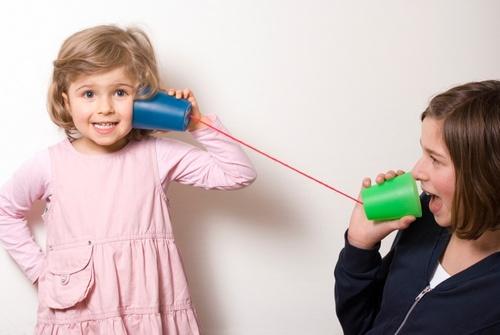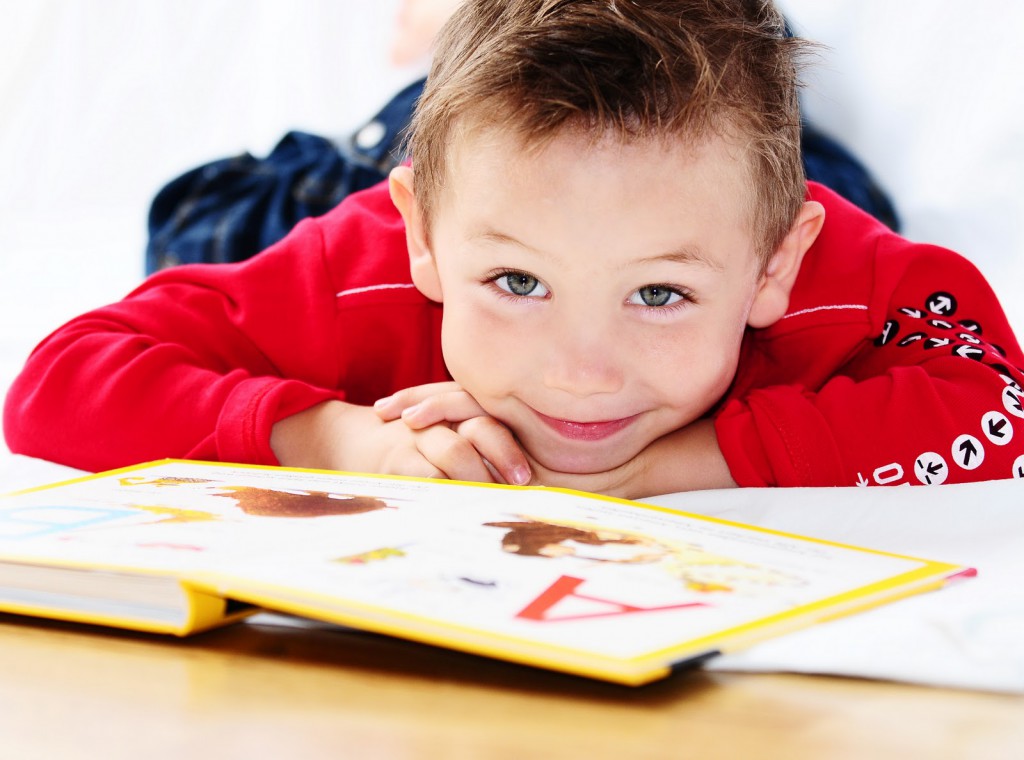Norms of social development of children in 3-4 years
The age of 3-4 years is one of the most important periods in the development of the child. It is at this time that he learns to communicate with adults, with his peers, begins to comprehend the world around.
Among psychologists there is a term "crisis of three years" - it is manifested in the desire of a child to independence, the appearance of perseverance, an increase in communicative qualities. This serves as a signal to changing the relationship between parents and children, with the provision of more freedoms for younger preschoolers.
The child on the third year of life begins to actively show his "me" - he tries to be more independent, however, not always having physical abilities to this. During this period, parents should keep in every possible way to support children - a successfully developed social ability of a child is difficult to seem without the help and support of adults.
It is not recommended to excessively criticize children with their own species or words to show impatience of his slow and inept actions - this situation may seriously undermine the faith of children in their own strength. It follows, on the contrary, to devote as much attention as possible to the achievements of the child, rejoicing with him new achievements and successes.
Independence as a sign of social adaptation
The child begins to strive for its independence as a result of communicating with his parents and other adults. Only as a result of collaboration, he will be able to master new actions and techniques, while developing its independence based on examples submitted by his parents and taking their social behavior as a basis.
During this period, children, more than ever, it is important to participate in its development of parents, maternal support, etc.
Upon reaching 3-4 years, children begin to actively develop the need for communicative interactions with parents. This is manifested in numerous questions asked by children - at this age they begin to interest everything, which has at least the slightest social importance.
Adults, for their part, must in every way to encourage children's desire to know the surrounding world expressed in observation, comparing and identifying the properties of various items. In parallel, this has social development in children - they are learning to communicate with both other adults and family members. Adults together with children should be sincerely rejoice in new discoveries, ask the child new questions that encourage new discoveries.
Starting from younger years, the child begins to show an increased interest in his peers - the special attention should be paid to its increased need for communicative contacts, directing it towards increasing benevolence and responsiveness, which are the main positive factors affecting its social development. To teach the child to finely feel the mood and feelings of strangers, it should be developed in it the ability to experience close - its parents, an educator, peer, etc.
It is from the ability of the parents to correctly transfer their feelings and the ability to cause an emotional response from a child is a prerequisite for further social development. It is thanks to this that the child will learn to empathize, will understand that not all his actions cause the approval of others, it will feel the difference between "you can" and "it is impossible." The ability to act depending on how this requires the current situation, and not the first emotional motives. Therefore, it is very important to show children a positive example of humane and good relationships:
- teach a child how to console an offended person;
- explain to him why it is necessary to share and treat outsiders;
- teach him to help people and delight in a difficult moment.
It is the impact and an example of parents will help children to determine in the facial expressions and gestures of a person or other emotion, and its examples showing the right response, as required by the situation. The approval of the behavior of the child by adults has a positive effect on the desire of children aimed at social development, increases self-esteem, which begins to appreciate the child.
It should be remembered that the child's child is rather a practitioner rather, and not the theorist - it is the experience gained as a result of communicative interactions with other people and the situation associated with it is remembered and assimilated by them much better than explanations of educators or parents.
The effect of activity on sociability
By the end of the third year, children begin to show new character traits expressing their individuality and allowing them to distinguish them from peers. Physical activity increases significantly, an acute need for moving games and constant physical actions occurs. In case of dissatisfaction with the needs, children become too capricious, easily excretenved and often occur when they do not listen to adults.

Also among the features of preschoolers, high excitability and almost complete lack of braking processes are distinguished, and a regular change of occupation is necessary for compensation. This will significantly help the children of preschool age calm down and restore their strength.
As preschool, preschoolers increase their communicative desire for peers - the need for long and meaningful conversations appears. Over time, the duration of communicative contacts increases, and they become significantly more active.
Increased attention should be paid to children experiencing difficulties in communicating, due to their own shyness or increased aggressiveness - the situation when it difficult to implement the communicative needs of children may be the cause of the development of personal deformation in the future. With such manifestations, adults need to carefully analyze the causes of the problem and look for painless ways to correct behavior.
Communication of preschoolers with adults
The development of communicative abilities is satisfied and the attitude of a child to adults - children begin to experience the need for intellectual and cognitive conversations, and the most frequent word, a pronounced child becomes "why". On the part of the parents, it will be a huge mistake to leave the answer, try not to notice his questions or respond with a noticeable sign of irritation and displeasure - children at this age have already notice the manifestations of emotions, and this attitude can negatively affect their further development. Sincere benevolence and interest of an adult, an attempt to build a conversation "On Equal" will not only allow the child to better understand the answer to the question, but also will develop a sense of confidence and respect for adults.

Practice shows that among preschoolers who do not receive due attention, most of the signs of closure, stubbornness and disobedience.
Children of this age are characterized by high activity, which opens new opportunities for them and allows you to show our individuality.
- Preschoolers have the development of increased interest in moving games that become the main form of organization of their livelihoods.
- Children begin to show interest in generally accepted rules. At this age, they begin to receive complaints about the behavior of other adults or peers, if they replaced such a situation. This suggests that the child was already able to adopt the generally accepted rules, and the situation with their violation is considered by him as something bad, and requiring compulsory interference from adults. It will be very important for him to receive from the older confirmation of his wrongness, and therefore it will be worthwhile to discuss with the child that happened, in general, explaining to him repeatedly about the inadmissibility of such behavior on his part.
- Children of preschool age are characterized by high emotionality and immediacy. They still do not know how to hide their feelings, so adults should teach the child the basic rules of communicative contacts.
- At this age, special attention should be paid to the development of aesthetic feeling at the child - it can be training the basics of music, painting, etc.
- Parents should have time daily I am intellectual intense with my child - it can be reading books, listening to music, storytelling of stories or fairy tales, etc.
Only a trustful and caring attitude towards a child, allowing him to feel at equal in adults, contributes to the development of communicative abilities, which, in turn, is the key to the full and comprehensive development of the child.
